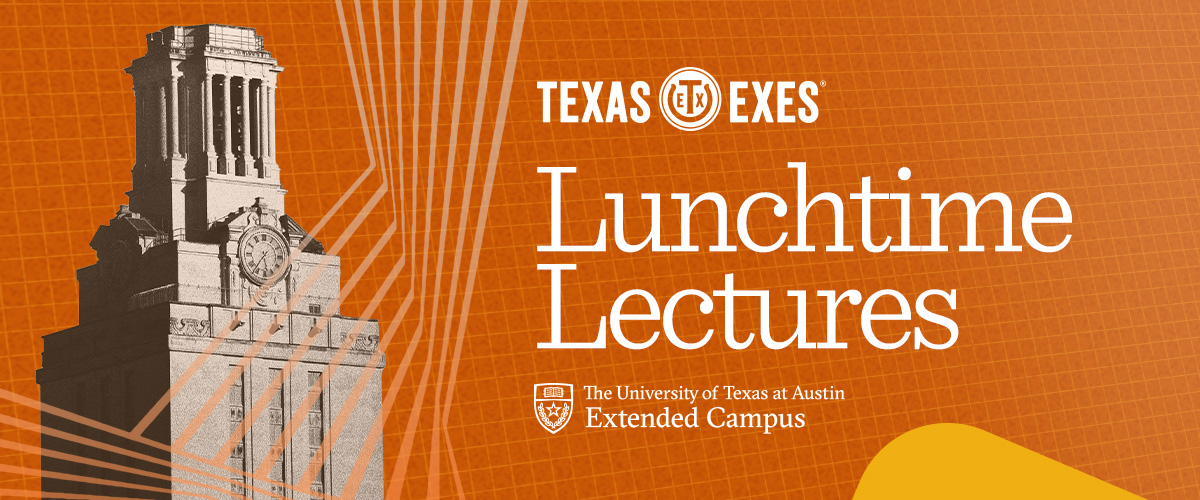Lunchtime Lectures is an event series intended to give alumni a taste of their college days.
February 2026 Lunchtime Lecture – Virtual
“Bees, Wasps, and Bacteria: Big Discoveries by UT Undergraduates”
Dr. Jo-anne Holley
Associate Professor of Practice, Freshman Research Initiative, Department of Integrative Biology, College of Natural Sciences
Tuesday, February 17 | Noon–1 p.m.
This is a virtual lecture
Register to attend
Registration closes Thursday, February 12 at midnight
In our February Lunchtime Lecture, Dr. Jo-anne Holley shares how UT undergraduates are uncovering the hidden bacterial partners of bees and wasps through hands-on research in the Freshman Research Initiative. Learn what these discoveries reveal about insect biology—and why undergraduate research matters.
Dr. Jo-anne Holley is an Associate Professor of Practice with the Freshman Research Initiative (FRI), where she leads the Bugs In Bugs undergraduate research lab. Her research focuses on interactions between host-restricted symbionts and their insect hosts, particularly social bees and wasps, and on the ecological and evolutionary factors that shape these relationships. As a researcher in the Moran Lab, she integrates molecular, microbial, and evolutionary approaches to understand these symbioses in natural systems. Jo also serves as an Education Fellow with the Office of STEM Excellence, where she teaches graduate students and postdoctoral scholars how to effectively mentor undergraduate researchers.


